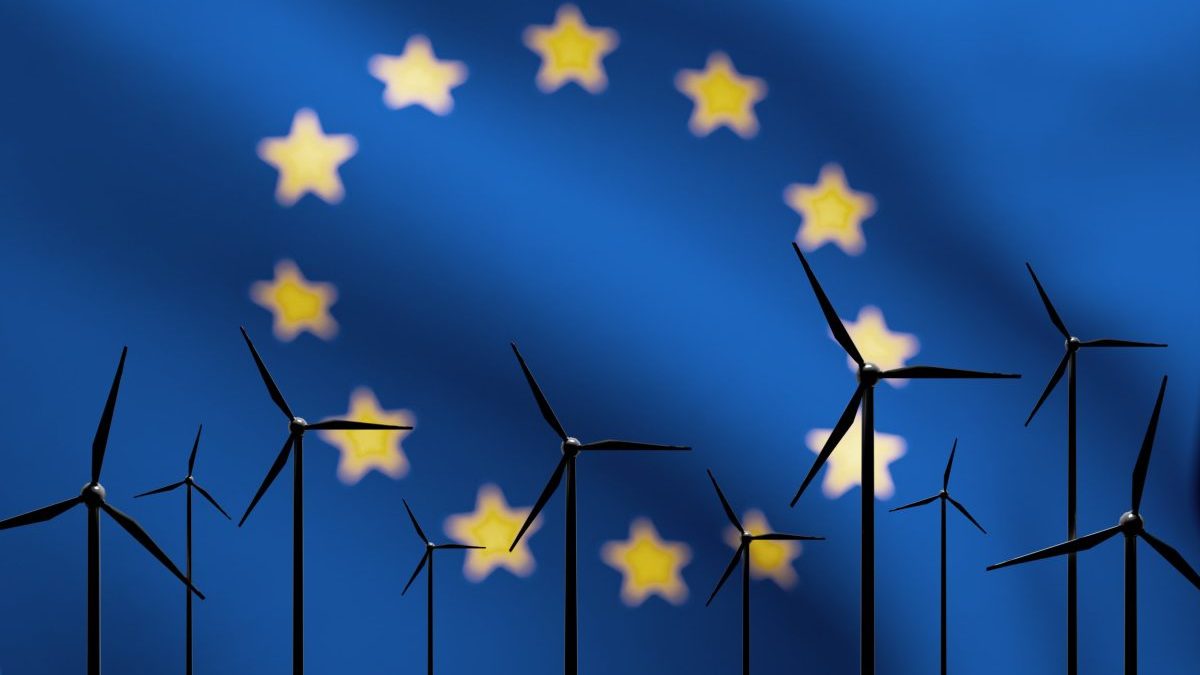The Government has claimed its new deal with the EU could drive down energy bills, but the impact is likely to be small
The UK has signed a new agreement with the EU that resets post-Brexit arrangements on areas including food, fishing and defence.
The deal will also see closer alignment between the UK and EU on energy, in a move the Government claims will result in lower energy bills.
Sir Keir Starmer hailed the new deal as “good for jobs, good for bills, and good for our borders”.
However the Tories have criticised the new arrangements, arguing that they could see energy bills rise.
Here The i Paper dissects how consumers could be impacted by the new deal:
Energy bills
When the UK left the EU, it exited the EU’s shared electricity market, which allows member states to trade electricity without restrictions.
The EU is still the UK’s main trading partner for electricity, but leaving the shared market means UK companies have started to incur extra costs, which are passed onto consumers in the form of higher energy bills.
“A very crude analogy would be to say, imagine if we move from a model where you book your package holiday all in one and you book the travel and accommodation and the tours and the restaurant bookings all in one and it’s just one click, to a model where you have to book all of them separately,” said Adam Berman, director of policy and advocacy at Energy UK, which represents UK energy firms.
Energy UK has calculated that this additional cost currently sits at £120m-£370m per year, depending on wholesale prices, and that this cost is likely to increase as the UK is set to export more of the renewable energy it produces.
As part of the new deal with the EU, it was announced that the UK would enter discussions on accessing the EU’s shared electricity market, something the UK’s energy sector has lobbied for.
Mr Berman said this was “really positive” and “better” than the industry was hoping for. However the downside is that the UK will have to accept the EU’s rules in order to gain access to the market.
If a deal is struck, the additional post-Brexit costs to companies, and therefore consumers, will go down to zero. However, the impact on individual energy bills will be small when that cost is divided between all businesses and households in the UK, likely less than £10 per year.
“It’s going to give you a relatively small figure on a per home or per business basis. But, we’ve got high energy bills – I think anything we can do to lower energy bills, whether it’s £5 a year or £10 a year, is frankly worth it,” Berman said.
Costs for businesses
More widely, the new deal will see the EU and UK align their ‘carbon markets’, which systems that pose extra costs and taxes on high polluting industries.
After the UK left the EU it introduced an ‘Emissions Trading Scheme’ as part of efforts to reduce carbon emissions from industry. The scheme places extra costs on UK-based energy intensive industries by forcing them to buy ‘emission allowances’ that allow them to emit carbon.
The EU runs a similar, but separate system. The new deal with the EU will see these systems align so companies in the UK and EU will pay the same price to buy these allowances.
The Tories have argued that this will drive up prices in the UK, as the UK’s carbon prices are currently cheaper than in the EU. They argue this could drive up energy prices, as UK power generation firms will be forced to pay the higher EU prices.
Berman agreed that UK businesses face “very slightly higher” prices in the short term, but argued alignment is better for UK businesses in the longer term. This is because the UK’s carbon prices are predicted to be higher than the EU’s from the late 2020s, he said.
Many UK firms have called for alignment with the EU to reduce regulatory burdens and provide certainty going forward.
Furthermore, the new deal between the UK and the EU means businesses will now avoid having to pay the new carbon taxes being introduced by the EU next year, which will apply to high carbon goods, such as steel and cement, entering the bloc.
It has been predicted this could cost UK companies £800m per year by 2030.
British businesses have broadly welcomed the move. The CBI said linking the UK’s emissions trading system with the EU is “a strategic move for our mutual competitiveness, security and climate ambitions”.
Jess Ralston, analyst at the Energy & Climate Intelligence Unit, said the linkage between the EU and UK will also ensure higher carbon products “are not dumped in the UK” when the EU introduces these changes, which will “protect domestic manufacturing”.
“More certainty means more investment and economic growth, which can only be a good thing for British industry,” she said.
